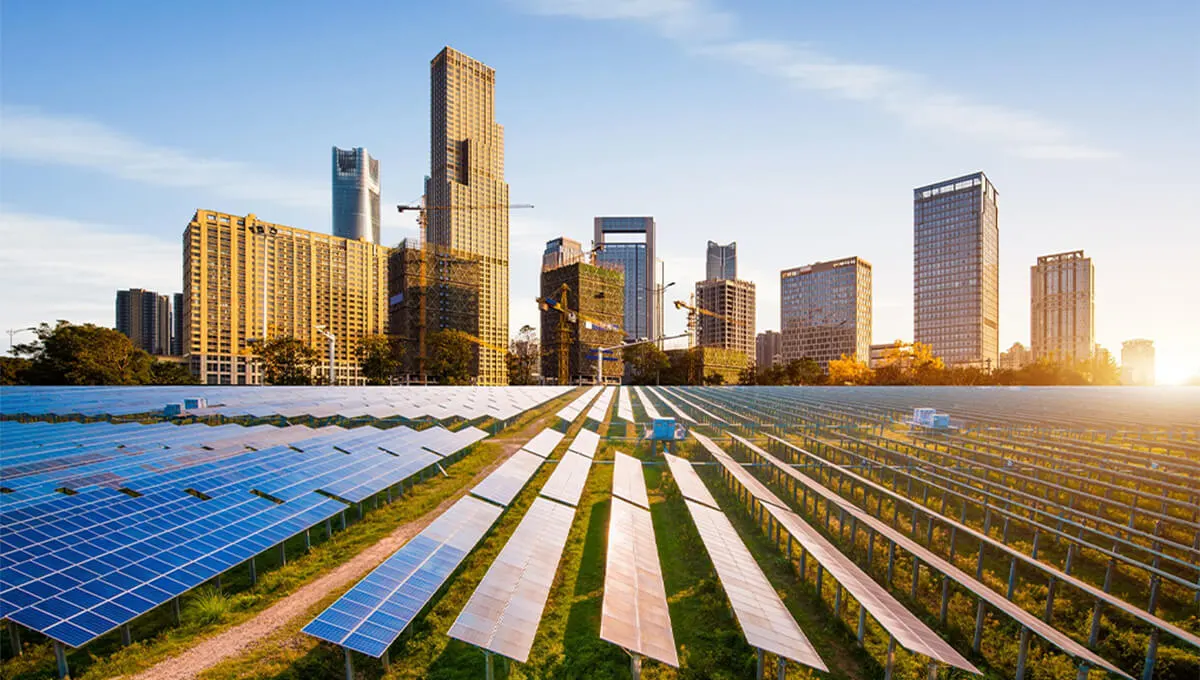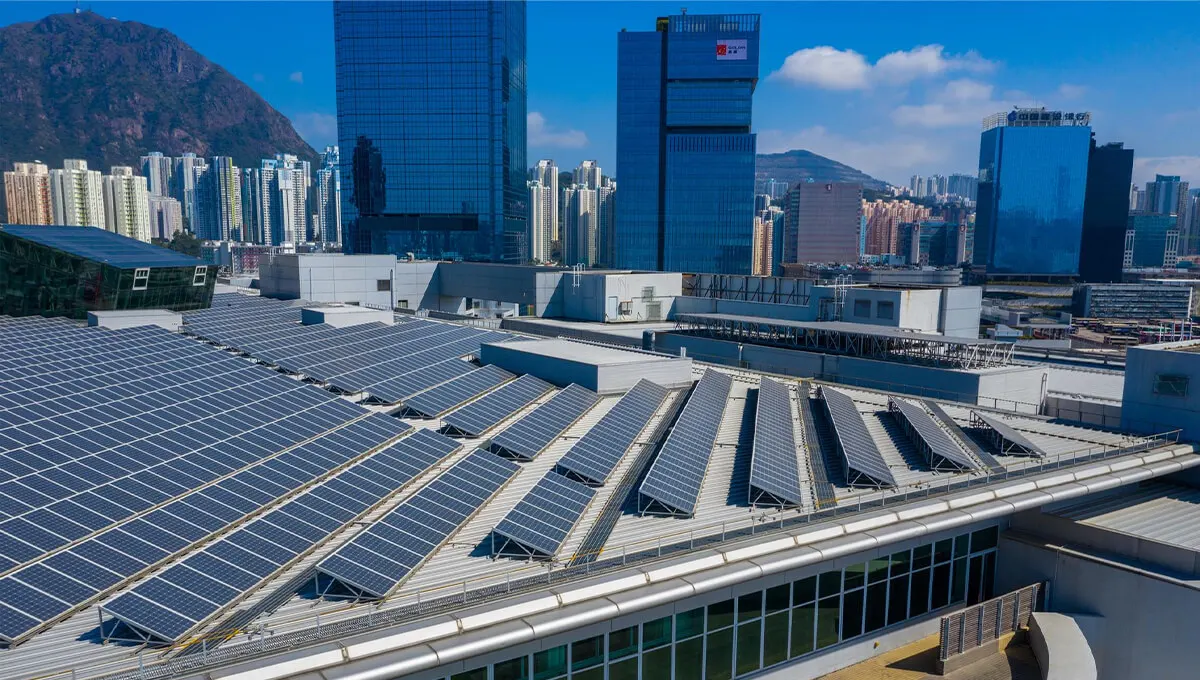
Solar Energy in Developing Countries: Empowering Communities with Sustainable Solutions
As the world grapples with the challenges of climate change, renewable energy sources have emerged as a crucial solution to reduce greenhouse gas emissions and promote sustainable development. Among the various renewable energy options available, solar energy stands out as a particularly viable and empowering solution for developing countries.
Solar energy provides a sustainable, reliable, and affordable source of electricity that can transform the lives of communities in developing countries, empowering them with access to clean energy and driving economic and social development.
Solar energy is the conversion of sunlight into electricity or thermal energy using photovoltaic (PV) panels or solar thermal collectors. It is a clean, abundant, and renewable source of energy that can be harnessed to meet various energy requirements, including electricity generation, heating, and cooling. Unlike fossil fuels, solar energy does not produce harmful emissions or contribute to air pollution, making it a cleaner and greener alternative.
Advantages:
One of the significant advantages of solar energy in developing countries is its potential to improve energy access in remote and off-grid areas. Many rural communities in developing countries lack access to electricity or rely on unreliable and polluting energy sources, such as kerosene lamps or diesel generators. Solar energy can provide a reliable and sustainable source of electricity to power homes, schools, and healthcare facilities, improving living standards and supporting economic activities.
Solar energy can also contribute to poverty alleviation and economic empowerment in developing countries. By providing access to electricity, solar energy can enable income-generating activities, such as small-scale businesses, agricultural processing, and productive use of energy for manufacturing and other industries. Solar-powered irrigation systems can also help farmers increase crop yields and improve livelihoods, reducing their dependence on fossil fuel-based technologies and manual labor.

Furthermore, solar energy can have a positive impact on the environment and public health in developing countries. Many developing countries rely on traditional biomass fuels, such as wood and charcoal, for cooking and heating, which contribute to deforestation, indoor air pollution, and respiratory diseases. Solar-powered cooking solutions, such as solar cookers or biogas digesters, can provide a clean and healthy alternative, reducing environmental degradation and improving public health outcomes.
Solar energy projects in developing countries also have the potential to create jobs and stimulate local economies. The installation, operation, and maintenance of solar power systems require a skilled workforce, providing employment opportunities for local communities. Additionally, solar energy projects can create demand for local manufacturing, distribution, and supply chain services, supporting the growth of local industries and contributing to economic development.

Challenges:
Despite the many benefits of solar energy in developing countries, there are challenges that need to be addressed for its widespread adoption. One of the main barriers is the upfront cost of solar power systems, including the cost of PV panels, inverters, batteries, and installation. However, the declining costs of solar technologies and the availability of financing options,are making solar energy more affordable and accessible to communities in developing countries.
Another challenge is the lack of technical capacity and knowledge about solar energy among local communities and governments. Building local capacity for the design, installation, operation, and maintenance of solar power systems is critical for the sustainability and long-term success of solar energy projects. Capacity-building initiatives, training programs, and knowledge sharing can help bridge this gap and empower local communities to take ownership of solar energy solutions.
In conclusion, solar energy has the potential to empower communities in developing countries with sustainable solutions for meeting their energy needs. It can improve energy access, contribute to poverty alleviation, promote economic empowerment, protect the environment, and create jobs. However, addressing challenges related to cost, technical capacity, and knowledge is crucial for the successful deployment of solar energy projects in developing countries. With the right support, solar energy can be a game-changer for communities in developing countries, unlocking opportunities for sustainable development.